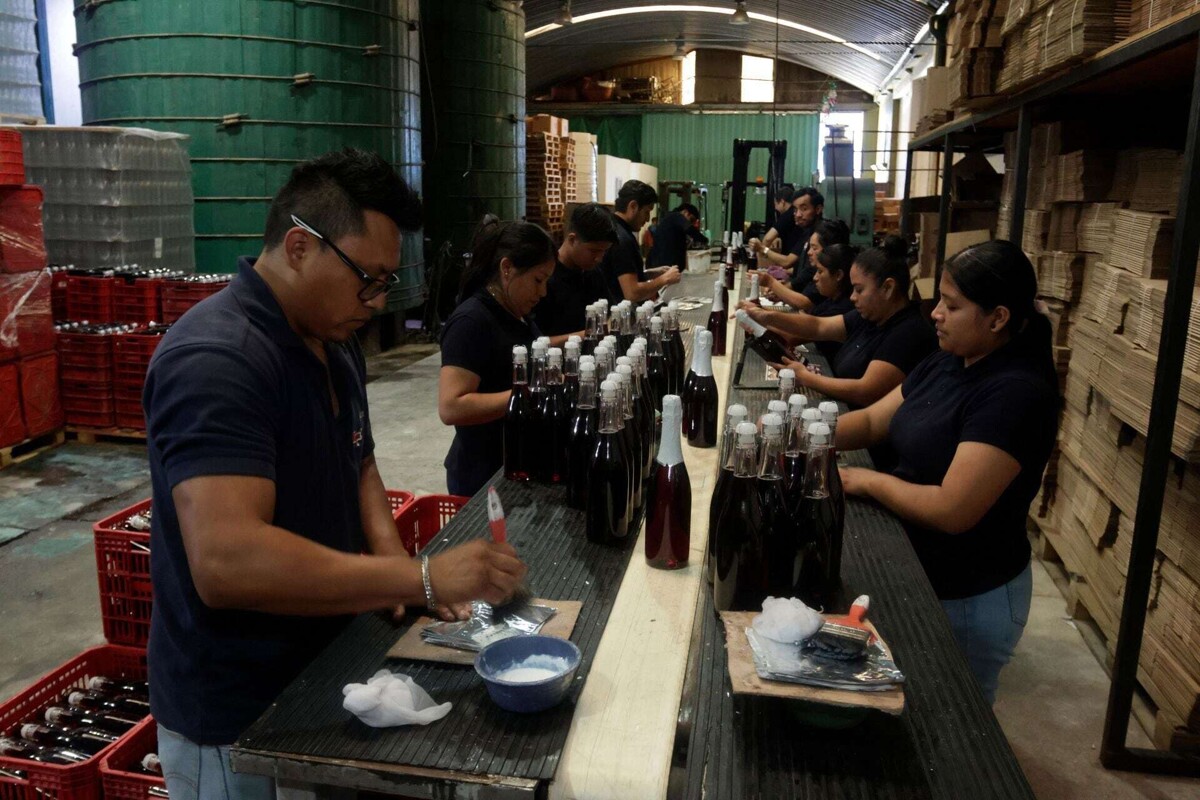
Adam Smith, considered one of the best exponents of economics and economic philosophy, argues that humans, being rational by nature, seek their own benefit. However, it is common to find cases where individuals act against economic principles, spending more money than they receive. There are myths and demagoguery surrounding the condemnation of material wealth, especially from certain leftist intellectuals who criticize the rich only to become wealthy themselves when they access positions of power.
Wealth in itself is neither good nor bad; its valuation depends on how it is obtained and spent. For example, a thief can become rich, but wealth is only condemnable if it is acquired through illicit activities such as theft or fraud. Morality does not reside in money itself, but in the use made of it and in the ethics of the possessor.
In his book "Basic Economics," he addresses the distinction between the operational end and the end of operation, establishing that economics seeks to provide a way to live better without affecting others. It is often argued ignorantly, demagogically, or enviously that economics pursues equality in living standards, when in reality, this equality is only observed under conditions of extreme poverty.
In a democratic economy, citizens have the freedom to choose what to work on, what percentage of their income to allocate to savings and spending, as well as how much they wish to earn before retiring. Conversely, in dictatorial regimes where rulers hold political and economic power, a dictatorship is consolidated in which major companies are controlled by the state, although they are presented as belonging to the people.
In the realm of state-owned enterprises, corruption and greater reliance on foreign entities are sometimes evident. The consolidation of state monopolies in sectors such as electricity and gasoline may result in supply problems if imports are relied upon. In that sense, it is preferable for the production of these products to be carried out by private or foreign actors in the country.
In conclusion, money in itself is a medium of exchange and storage of the value of labor. However, what is reprehensible lies in the methods used to accumulate wealth and fortune.














